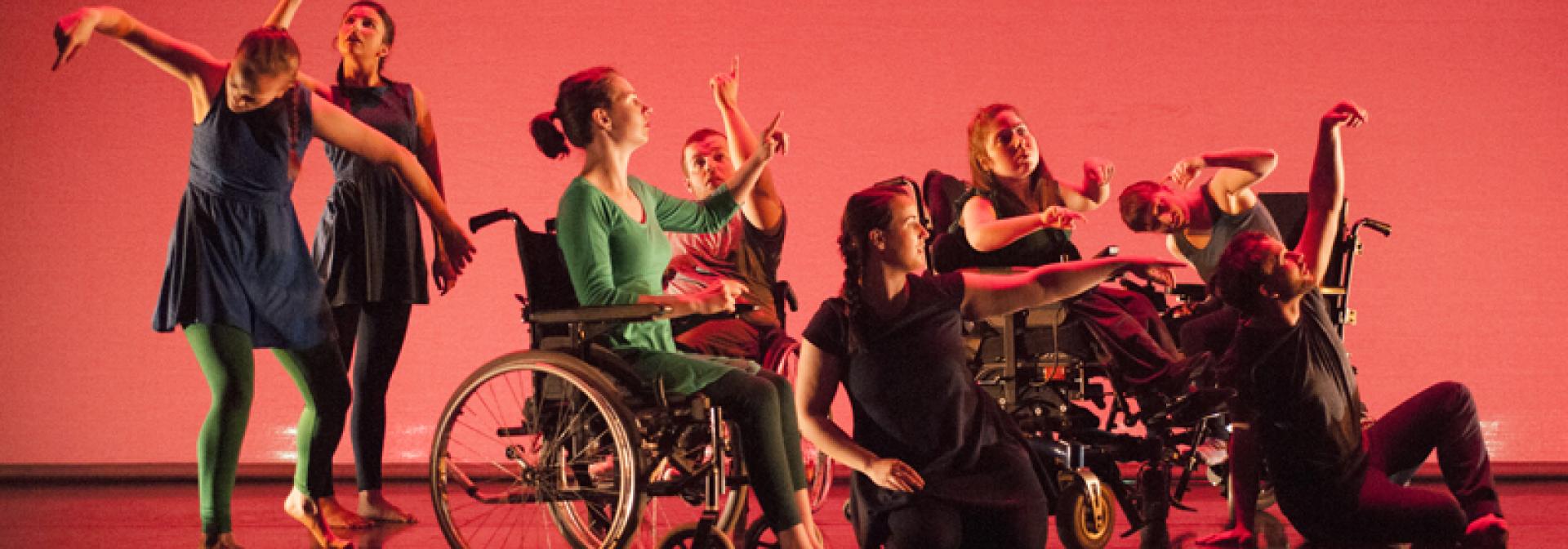Spirit of 2012 and the Scottish Government today reveal the results of an 18-month project committed to improving the health and wellbeing of girls and young women across Scotland.

On International Women’s Day we reveal new research on how we got girls & women active


The Fund invested in 14 projects across Scotland that provided everything from wheelchair basketball in Glasgow to bike-packing adventures in the Highlands.
“Today’s report shows the impact of this investment: increased wellbeing and happier, healthier and more confident girls and women,” says Debbie Lye, Spirit of 2012 Chief Executive.
All of the projects targeted girls and women with very low levels of activity. At the start of KA Leisure’s programme, for example, 80% of the girls taking part were active less than three times a week, and almost half (47%) said they did not exercise at all. By the end of the project, more than 70% of the girls were active at least three times a week.
The report also reveals that girls and women who took part in the programme registered higher levels of wellbeing as a result. Overall there was a 12% rise in the number who said they were satisfied with their life, an 11% increase in feelings of life being worthwhile, and an 8% increase in girls who said they were ‘happy yesterday’.
In a couple of cases the change was spectacular. For example only 38% of the women who took part in the Venture Trust project had high life satisfaction levels at the beginning – 79% reported high wellbeing levels at the end.
The success of the Fund is down to the approach all 14 partners took in delivering physical activity sessions. Most did not offer competitive sport, instead focusing on activities that relied on team work and togetherness.
“Girls stop playing sport for a number of reasons – it’s seen as ‘unfeminine’, or they are too body conscious, for example – so getting them back into being active means taking time to build their confidence,” says Debbie Lye.
“What we’ve learnt through the Fund is that activities like dancing and cycling work because people become active together in a social context where they can build trust in each other. Developing friendship groups around activity is vital to getting girls active and keeping them active as women.”
Eight of the 14 projects also taught health, wellbeing and life skills as a way of better connecting the girls to their bodies. “Investing in young women’s health means taking time to consider their wellbeing holistically, including their mental health,” says Debbie Lye.
“What today’s report shows is that a small-steps, personalised approach to sport and physical activity can have a profound impact on women and girls, particularly those from vulnerable and underserved groups.”
Further information
The Sporting Equality Fund (the Fund) was set up to provide one-year grants of up to £25k to projects that increased the number of women and girls participating in sport and physical activity, in line with the Active Scotland Outcomes Framework.
The Fund, which awarded grants to fourteen projects across Scotland, was managed by Spirit of 2012 on behalf of the Scottish Government.
To find out more click here.
